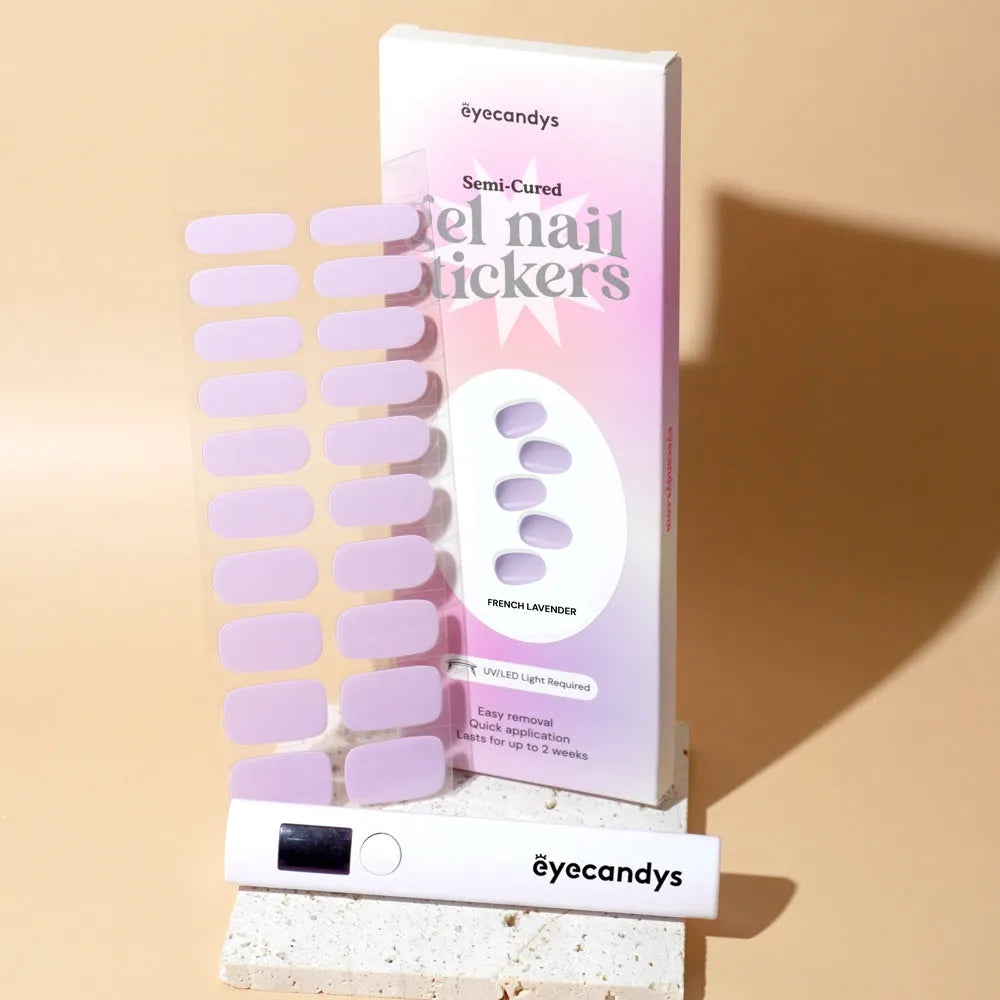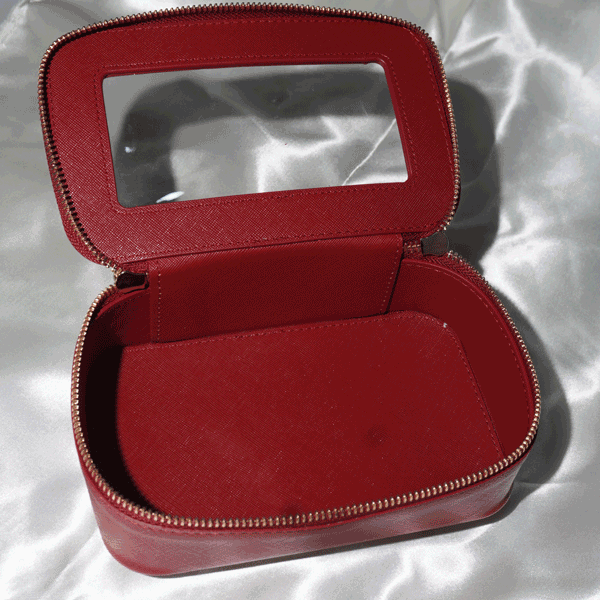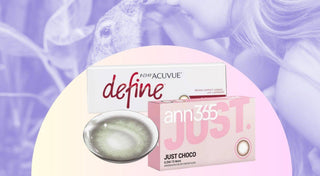When you think of animal testing, makeup and cosmetic products might be the first things that come to mind. However, animal testing extends far beyond these products, encompassing pet food, cleaning products, artificial sweeteners, diapers, and surprisingly, contact lenses! Understanding the extent of animal testing and its implications is crucial, especially when it comes to products that touch your eyes. Learn more about eye health with 7 Interesting Facts About the Human Eye. At EyeCandy’s, we’re committed to providing you with products that are not only safe and stylish but also ethical and cruelty-free.
The Reality of Animal Testing
Animal testing is a standard practice in many industries to ensure the safety of products for human use. The procedures and necessity of such testing are subjects of intense debate. Organizations like PETA (People for the Ethical Treatment of Animals) advocate against animal testing, arguing for the rights of animals and the need for alternative testing methods. While some believe that animal testing is necessary under certain conditions, the consensus is that it should be avoided whenever possible.
Are All Color Contacts Tested on Animals?
Contact lenses, including those used for cosmetic purposes, are regulated as medical devices by the FDA. This regulation means that contact lenses, especiallyClass III medical devices, often undergo rigorous testing, which historically included animal testing. Manufacturers have relied on these procedures to avoid lawsuits and ensure product safety. However, this practice raises ethical concerns, particularly regarding the well-being of the animals used in testing.
EyeCandy’s Commitment to Humane Practices
At EyeCandy’s, we prioritize humane practices and are proud to say that none of our manufacturers test on animals. Furthermore, no animal products are used at any stage of our manufacturing process. By choosing our color contact lenses, you are supporting cruelty-free practices and contributing to a more ethical industry.
Explore our wide variety of FDA-approved, cruelty-free, and vegan color contact lenses, knowing that your eyes and ethical values are in great hands.
What About Contact Solution?
Just like contact lenses, many products, including contact solutions are also tested on animals. At EyeCandy’s, we ensure that our lenses are packed in buffered saline solution that is cruelty-free. Our commitment extends to providing products that align with vegan and ethical lifestyles, offering solutions that are kind to both your eyes and the planet.
What Are My Contact Lenses Made Of?
Understanding the materials used in your contact lenses can further reassure you of their safety and comfort:
- Silicone Hydrogel: This high oxygen-permeable polymer allows up to seven times more oxygen to reach your eyes compared to traditional lenses, enhancing comfort.
- PC Silicone Hydrogel: Known for its biocompatibility, this material is used in many medical implants and adapts naturally to your eyes.
- 2-HEMA/Polymacon: A common low hydration hydrogel polymer, providing a comfortable wearing experience.
- Methafilcon A: A high water ionic hydrogel polymer containing over 50% water, ensuring maximum comfort.
All these materials are synthetic polymers designed to be compatible with human eyes, ensuring safety and comfort without the need for animal testing.
Surprising Items That Contain Animal By-Products
As more people adopt vegan lifestyles, the hidden presence of animal by-products in everyday items becomes increasingly apparent. Beyond food, products like lotion, nail polish, perfume, hair dye, shampoo, conditioner, and body wash can contain animal derivatives. At EyeCandy’s, we ensure that our contact lenses and solutions are completely vegan and free of animal by-products, allowing you to enhance your look without compromising your values.
With more and more people choosing to lead vegan lifestyles, it’s become apparent that it’s not only the foods we put into our bodies that contain unexpected animal by-products. Reading nutrition labels closely shows us that chocolate, beer and wine, sugar, non-dairy creamers, and even veggie burgers often contain hidden animal products. What many don’t know is that it’s also important to read and understand the ingredient labels of the products we use outside of our bodies, like lotion, nail polish, perfume, hair dye, shampoo, conditioner, and body wash. Animal by-products are almost impossible to escape. But EyeCandy’s contact lenses and the solutions they’re packed in are not only not tested on animals, they are also completely vegan! Update your look with new color contacts without sacrificing your lifestyle choices.





